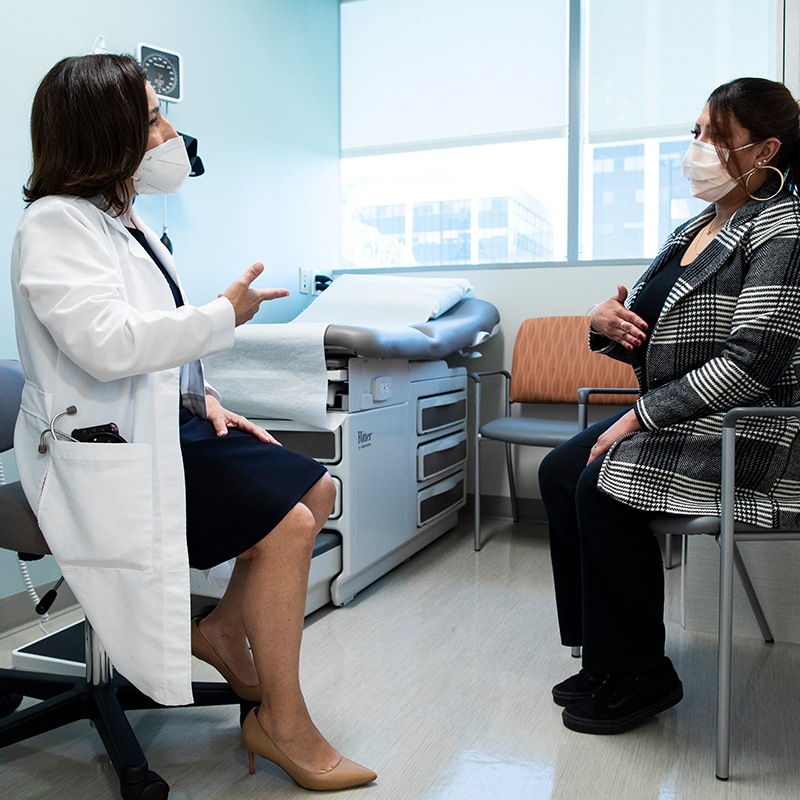Diarrheal Illnesses (Acute and Chronic)

Overview
Diarrheal Illnesses
A diarrheal illness is defined as having more than three loose liquid and watery stools per day. However it may also be defined by changes in consistency or frequency or pattern from a previous baseline. It is a common problem worldwide and often an underestimated cause of morbidity. Most diarrheal illnesses are short lived, lasting for a few days, and typically self-resolve. This is commonly called acute diarrhea. Diarrhea that lasts for 2 weeks or longer is considered chronic diarrhea and may indicate a more serious gastroenterological disorder as well as various health conditions that may need further investigation and examination.
If you have chronic diarrhea, it’s important you see your doctor for a full comprehensive evaluation for effective diagnosis and treatment.
Various factors that may cause or lead to diarrhea may include:
- Viruses, such as rotavirus and norovirus
- Bacteria
- Parasites, such as giardia
- Medications, such as laxatives, antacids or antibiotics
- Lactose intolerance
- Diabetes
- Gluten sensitivity and celiac disease
- Chronic alcohol use
- Chronic use of artificial sweeteners
- Medical treatment such as chemotherapy or radiation
- Chronic gastrointestinal conditions, such as irritable bowel syndrome, inflammatory bowel disease and numerous other conditions
Symptoms
Diarrheal Illnesses Symptoms
Symptoms of diarrhea are typically self-evident in the form of:
Diagnosis
Diarrheal Illnesses Diagnosis
Your doctor will take your medical history, review medications and do a physical exam. Tests that may be ordered include:
- Blood tests
- Stool tests
- Flexible sigmoidoscopy
- Colonoscopy

Treatments
Diarrheal Illnesses Treatments
Most acute diarrhea from infections may resolve with time and rehydration and over counter anti-diarrheal medication and remedies. Treatment and management of chronic diarrhea however will depend on the underlying cause which can be determined with consultation with your provider.
Specialists





